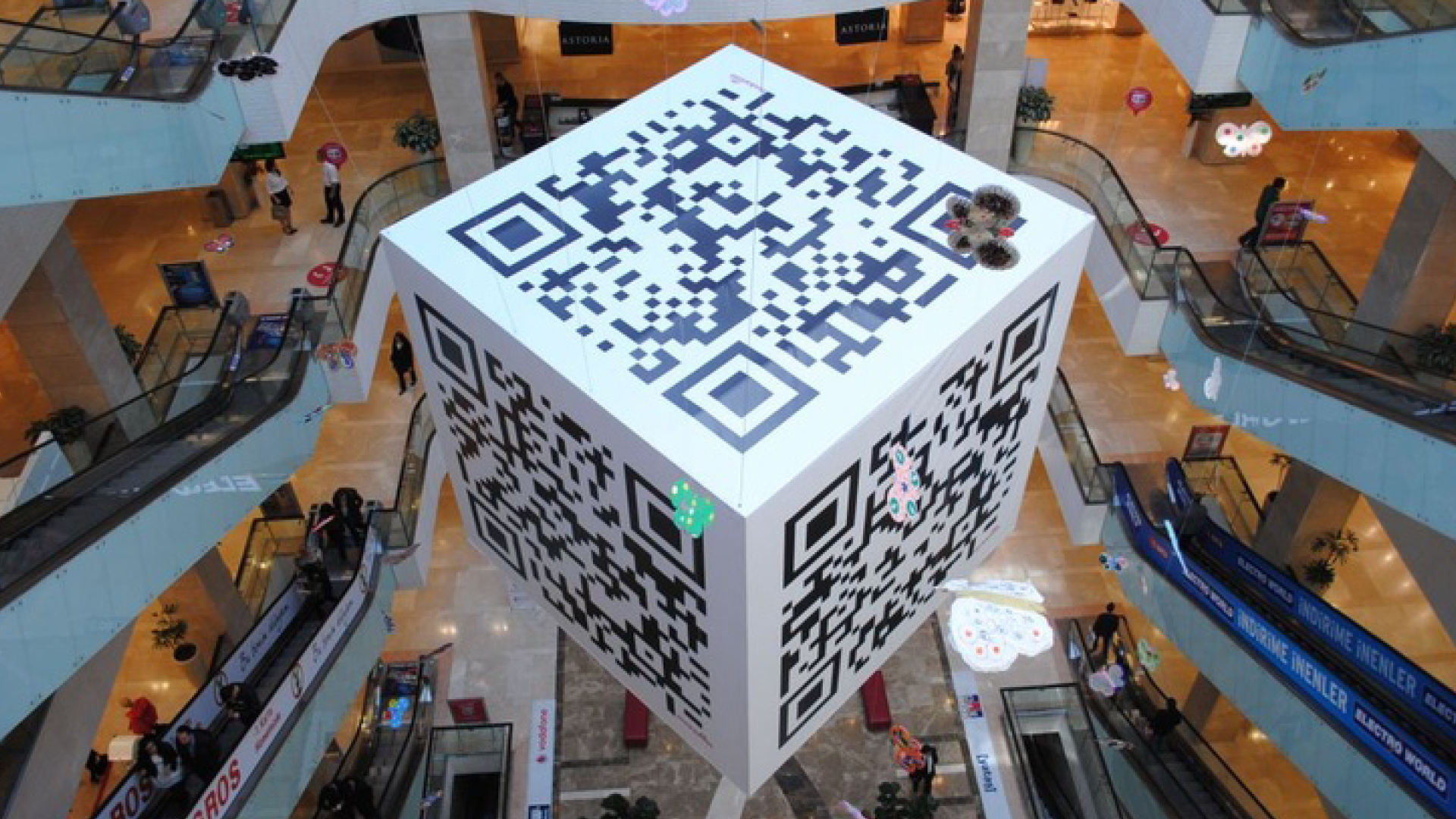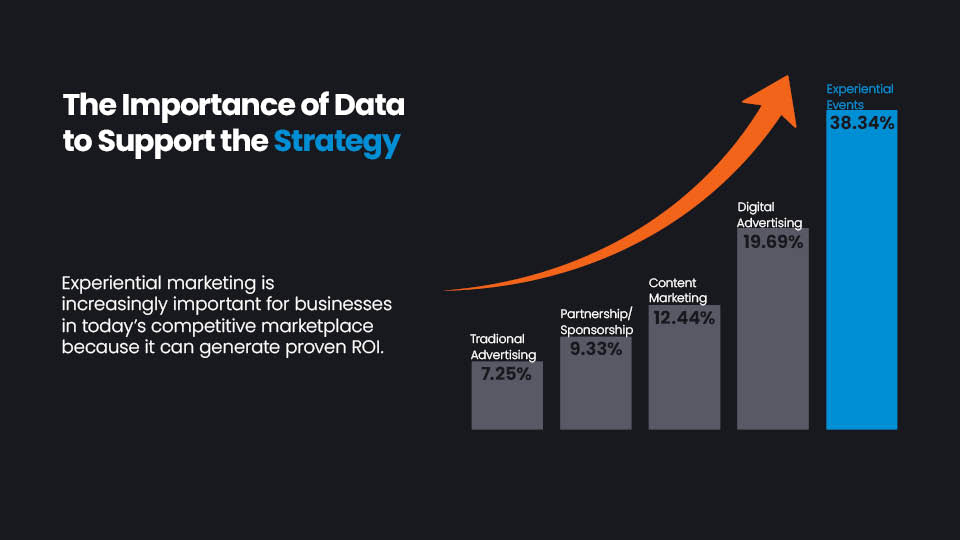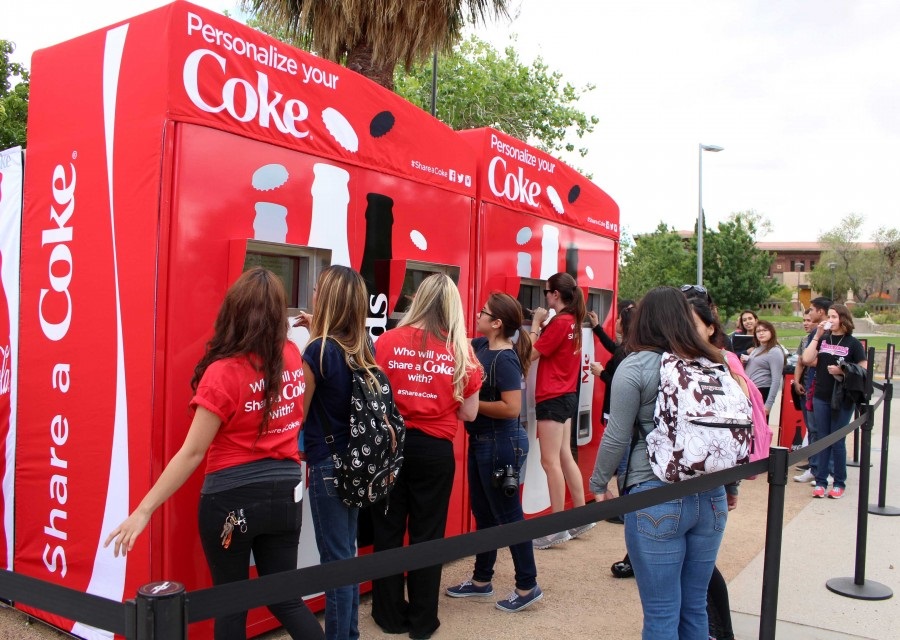
What is Experiential Marketing?
Experiential marketing is about creating brand affinity that will lead to either customer loyalty or brand loyalty. It is the art of allowing customers to align with the beauty and benefits of a brand by utilising activities that result in emotional and memorable responses.
The Importance for Customers
In this day and age, there are many competing brands offering the same products and therefore standing out among the competition is essential. Whilst a brand’s product, service and price offering is essential, there is little defending their position within the market without consumer awareness. Companies should consider what a consumer wants to see, rather than what the company would like to promote. With the support of a strong experiential marketing campaign, a company can make it their mission to create long lasting impressions on future customers. It is the brand’s mission to market itself so customers can find out about their offering and in the process, create a lasting impression.

The Importance of Proof
In 2021, 91% of consumers reported that they would be more inclined to purchase from a brand after participating in a brand activation activity, and 40% of customers felt they became loyal customers to the brand. Remember the old adage “The Customer is Always Right?” In terms of what products or services they will find valuable and interesting, customers are absolutely right. This is where experiential marketing helps.
The Important Questions
There are no doubt a million questions being asked in the lead up to creating an experiential marketing activation. To simplify this however, there are three questions that every marketer should answer. First, will people find the brand useful? Second, how does it add value to their lives? And third is how to best showcase the brand, in order to highlight its importance and values which consumers would feel an attachment to? These questions are best answered by creating environments where people can experience, as well as see the use of a brand’s product or service.
It is the results from these answers that will help shape who the brand will target and how their experiential marketing campaign can be developed to align with the correct audience.

The Importance of an Approach Shift
At times the adoption of an experiential marketing campaign will require adaptation among marketing strategies. The most adaptive business leaders are those who are succeeding in developing projects where their brand can create a memorable experience. Product developers design products with UI / UX in mind (user interface/ experience), and are trying to outperform competitors in creating the best platform in the market. Organisations are going out of their comfort zone to think of ways to build an audience, by projecting experiences in their social content that consumers can be a part of. Every shift in approach should be done by organisations looking to create experiences for the consumer or client.
In a nutshell, shifting the marketing approach is about making consumers believe in a brand by using memorable experiences as a strategy to prompt necessity. The end result of which is to make the brand successful.
Adapting an Existing Approach

The Importance of Experiential Marketing for Brands and Products
Engage customers by creating a tactile experience. The idea is to mix and match concepts, forge relationships with consumers and make them a part of the created moment. Organise events for them that would give them joy. Allow consumers to test products, let them experience it and see how they react to it. Share to consumers the brand’s mission, also find out how the brand can help them. These steps create brand affinity, just as potent as an advertising campaign. A memorable experiential marketing campaign which is done consistently will resonate with other potential customers. Brands can then look to rely on word of month to further propel their messaging. Customers will voluntarily spread the brand through word of mouth marketing like unofficial brand ambassadors.
The Importance of Varying Engagement Methods
As of late, marketers have combined different elements and content ideas in order to come up with best practices and their own unique niche in terms of marketing their experiential marketing ideas. Most are curating hybrid concepts combining live and streamed events in order to meet every consumer. Some incorporate user-interface technologies with their demos for trade shows and their stores. The constant scenery of the landscape is that thriving companies are prioritising customer experience.

The Importance of Varying Avenues
Experiential Marketing has the adaptability to overlap with other approaches like in event marketing (e.g. organise concerts in line with the brand’s campaign), in advertising (e.g. consumers create digital art or play games they got from advertised apps and links), in social media campaigns (e.g. social experiment challenge), all of which can be done whether in-person or streamed. There is no defined method of identifying which marketing strategy is best linked with experiential marketing campaigns and therefore there is broad scope with which approach can be taken. The key is to know and understand the market, the consumers needs, and the brand’s allotted budget for campaigns.

Consistently joining trade shows, producing or sponsoring live events, opening a pop up shop, and holding in-store activations are just some approaches taken by brands. It is also advisable to maximise the use of digital innovations like virtual reality (VR), augmented reality (AR), phone apps, streaming, state-of-the-art mock-ups, the use of controller consoles, and new innovations that have yet to be tested. all of which are in aid of experiential marketing strategies to create a unique customer experience.

Another example of this would be campaigns that include QR codes within media commercials. Scanning a QR code is a convenient way to direct the consumer to an app/ website where customers can immerse in an interactive experience or to get an invitation for a live event.
The Proof Behind Experiential Marketing

Research indicates that industry professionals have reported that the no.1 most prospering marketing tactic is experiential events (38.34%). This is followed by digital advertising (19.69%), content marketing (12.44%), partnerships/sponsorships (9.33%), and traditional advertising (7.25%) (data from Agency EA).
The Most Important Bit; The Inspiration
The aforementioned statistics highlight that a successful marketing strategy that marketers use to forge brand loyalty is through experiential marketing. This is no different to what we see with Expo Centric’s experiential marketing activations. Organisations have been prioritising creating experiences for their stands. There are those who inject interactive games in their exhibit booth to attract people and others that recreate their facility in the exhibition hall itself (to let people experience the feel of being in the facility). Some present those who present products and services using interfaces and consoles that people can press and feel. Of course other marketing methods are still very effective. But the effect of experiential methods are undeniable.
There is a good reason for the inception of experiential marketing. This is not without purpose but a means to attract prospects with efficiency. Businesses that campaigned using this commonly successful marketing strategy enjoyed lucrative results.
Coca cola is one of those businesses that invest heavily on experiential marketing. The Coca Cola Company is known for its innovative and enticing marketing strategies. The 135 year old company has had a long history of creating notable and immersive experiences for consumers through various marketing campaigns and activations, and experiential marketing has been a part of their approach. See the aspects of how investing in this strategy should be a no brainer. Be a keen marketer that can convert consumers into happy and loyal patrons.

The Important Question Answered
Whilst every element of a marketing strategy has a role to play, there is nothing like impact of experiential marketing campaigns. If a company wants loyalty from customers and an expanding customer base that leads to ROI & sales, businesses will need to create experiences in engaging customers. Experiential campaigns are means to showcase a brand by fostering emotional connections that also translate to value from a customer’s perspective. Consumers will always identify if a brand is suitable for them or not. Knowing the customers story and forging experiential marketing campaigns around that, while blending the brand’s identity and message will forge successful returns for a company.
